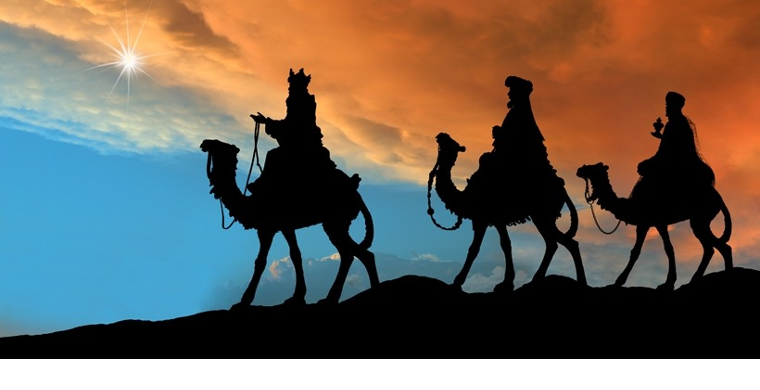The Magi's Perilous Journey
By David G. Duggan
Special to Virtueonline
www.virtueonline.org
January 1, 2022
One fact staring out from the account of the three wise men, or magi, or kings who traveled to see the infant Jesus is that they knew He was born King of the Jews. How could men 1600 miles from Jerusalem know that a people who had mostly left the area 500 years earlier had a new monarch?
Scripture doesn't say from what people these wise men derived, nor in what part of the "East" they lived, but tradition suggests that they were Zoroastrians, followers of a religion as old as Judaism, who lived in modern day Iran, once called Persia. Master astronomers in that pre-telescopic age, Zoroastrians looked to the night skies for signs and portents. If the Bible is to be believed, Isaiah's prophecy that "the stars of heaven shall not give their light: the sun shall be darkened in his going forth, and the moon shall not cause her light to shine" (Isaiah 13:10) foreshadowed the fall of Babylon told in Daniel (5:25-31).
But even in that era, kings were not born. Princes--sons of the monarch--had to survive palace intrigues, sibling rivalries, and foreign invasions to take their thrones. Even a cursory understanding of the Old Testament reveals that the odds of the eldest son taking the throne of his father were not great. Even Herod the Great, the king of Judea at the time of the magi's visit, was placed on the throne by Marc Antony after a deadly civil war.
The magi (deriving from the Greek word for learned men) likely knew this as they embarked on their journey. The postcards show them on camels, not provable in the Biblical text, and a 1600 mile journey would have still taken them some 80 days over terrain as barren as any on earth. With the trips between Jerusalem and Bethlehem and the return trip, the magi would have spent half-a-year searching out an infant who could not have understood the fuss.
Making a journey by night to an uncertain destination to see a monarch of a foreign people decades before His elevation to a throne that suspended His arms on a cross is the height of folly. Yet in that act the magi showed that God shames the wise by exalting the lowly, born in a stable, to reign in a kingdom not of this earth, but of the heavens lit up at night by a star that led them on that perilous journey.














